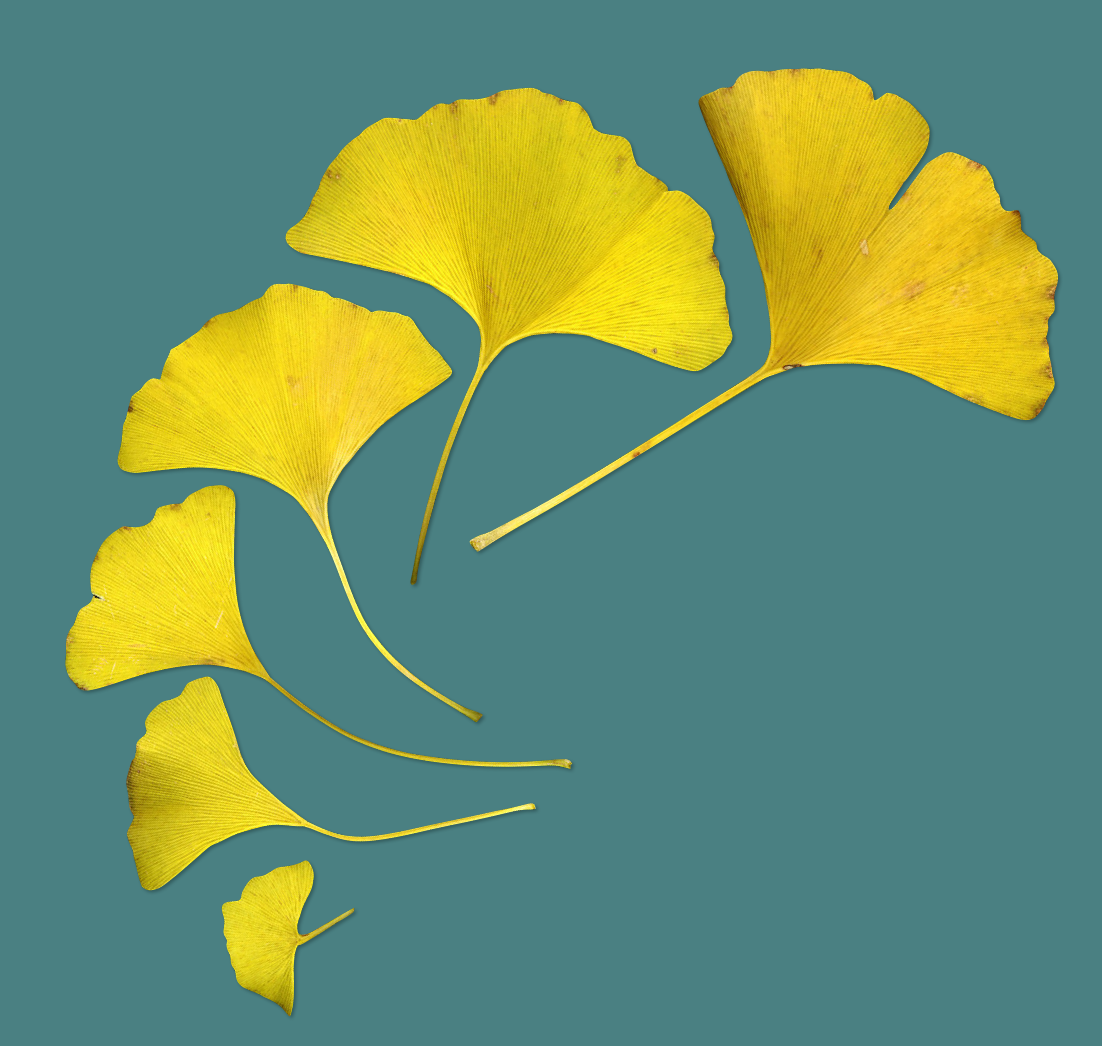Tummy Troubles
Many people have gut issues nowadays, and even issues that don’t appear to be gut related- such as inflammatory conditions - are more related to gut health than we usually realise. One of the foundations of a wholistic, natural medicine approach to health, is to ensure the gut is healthy. It affects every cell in the body.
Dysbiosis
Dysbiosis is a general term referring to an overgrowth of pathogenic or harmful bacteria, yeasts and/or parasites, and too few beneficial bacteria, in the digestive tract. This can include the stomach, small intestine and the large intestine. It can lead to uncomfortable digestive symptoms, but these microbes can also excrete toxins and waste products that can enter the bloodstream and affect brain chemistry.
Candida
I don’t know if you remember, but candida was all the rage a couple of decades ago. Candid is one type of dysbiosis. We all had candida (a fungus) and went on low sugar, low yeast candida diets (or Nystatin) to get rid of the candida. Candida is however a symptom, a warning sign of something else being off balance. It is often the scapegoat. And it comes back into balance when the other issues are dealt with.
SIBO
Nowadays, we hear a lot about another type of dysbiosis called SIBO (small intestinal bacterial overgrowth). It can be caused by low stomach acid, infections such as H.pylori, long-term use of PPIs such as Nexium, and a poor diet,. SIBO causes symptoms like bloating, abdominal pain, aching joints, diarrhoea or constipation. The medical treatment is antibiotics- the naturopathic treatment also usually involves strong antimicrobials. Whether antibiotic or antimicrobial herbs, there tends to be a side effect of knocking out many of the healthy microbes, along with the unhealthy ones.
Leaky Gut
Leaky gut is another term that’s been thrown around a lot in the last few years. The mucous lining along our intestines helps us absorb water and nutrients from our food into our bloodstream. The cells along the digestive tract are dynamic and should generally be closely joined together. However, the cell junctions are designed to open up when appropriate to let larger, or specific particles through. However, they are not meant to be like that chronically. Certain foods, drinks, alcohol, herbs and medications can pass through the gut into the bloodstream, when the junctions are chronically too open, causing allergies and sensitivities. Dysbiosis can be both a cause and result of this imbalance.
Some conditions such as coeliac disease, Crohn’s disease, Inflammatory bowel disease (IBD) and Irritable bowel syndrome (IBS) are all associated with increased intestinal permeability (i.e. leaky gut). Much evidence suggests that autoimmune conditions, chronic fatigue syndrome, fibromyalgia, allergies, asthma and some mental illnesses may all be associated with dysbiosis and leaky gut.
“Much evidence suggests that autoimmune conditions, chronic fatigue syndrome, fibromyalgia, allergies, asthma and some mental illnesses may all be associated with dysbiosis and leaky gut. ”
Combine dysbiosis, a poor diet, alcohol, antibiotics…and we have many modern health issues, from gut issues, to autoimmunity, to metabolic issues like obesity! When we deal with each health issue separately…it may have some effect, but it does not address the underlying causes. It is not going far enough upstream, to heal the gut and the gut-immune interface. You may have heard that much of the immune system is also along the gut.
As you can see, the evidence piles up for prioritising gut health, even in seemingly unrelated issues.
How to fix a poorly gut?
Many people are so sensitive to so many things nowadays they can’t eat this or that. Yet we know there is an undeniable link between what we eat and our gut and overall heath. Avoiding the foods that cause unpleasant symptoms, helps avoid the symptoms- but not the underlying issues. They can end up having to avoid more and more otherwise nutritious foods- because the gut lining is damaged and particles are passing through the lining, which shouldn’t be. Without addressing the gut's health, the diet can get narrower and narrower, and nutritional deficiencies can occur.
We can also get caught up in rabbit holes of specific diets- low histamine, low oxalate, etc etc- which may not be necessary, if the gut were healed.
So first we need to address the gut, with as healthy a diet as possible. Our gut is designed to digest lots of plant foods, and eating a variety of different coloured vegetables and fruits, wholegrains, legumes, nuts and seeds, is foundational for healing the gut. However, for many people, this has to be a slow journey of introducing back new foods, and they may need to keep avoiding some in the beginning at least.
Meanwhile, there are supplements such as sulphuraphane-containing broccoli sprout powder, specific probiotics and other gut healing plant-based food-based supplements, which help fill the nutritional gap and trigger healing in the gut lining, and throughout the immune system. There is extensive evidence for specific plants being beneficial for healing the gut lining, with low reactivity.
This can take a few months, and may be prescribed along with specific herbs, to address individual presentations. Then there are more stages to the healing- but first, the gut.
My approach is to avoid heavy microbial (most of the time), heal the gut lining, and work on a healthy diet, with a high number of non-starchy vegetables. We feed the healthy microbes, to outnumber the unhealthy ones, and bring balance back. It is rare, even with antibiotics, to get rid of gut pathogens altogether. Instead, we work on building the numbers of the healthy ones.
The protocol is inherently flexible and adapted to every person.


